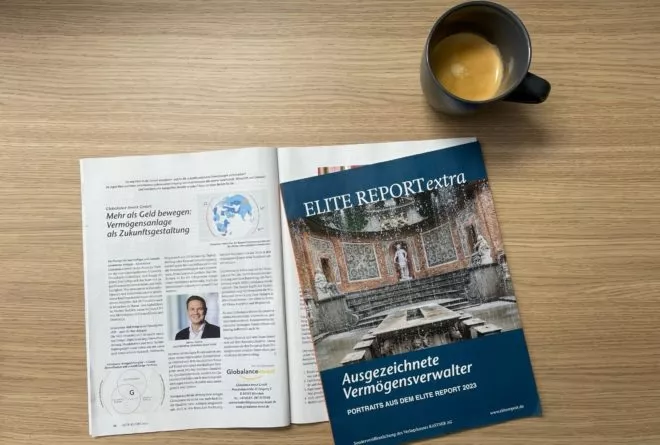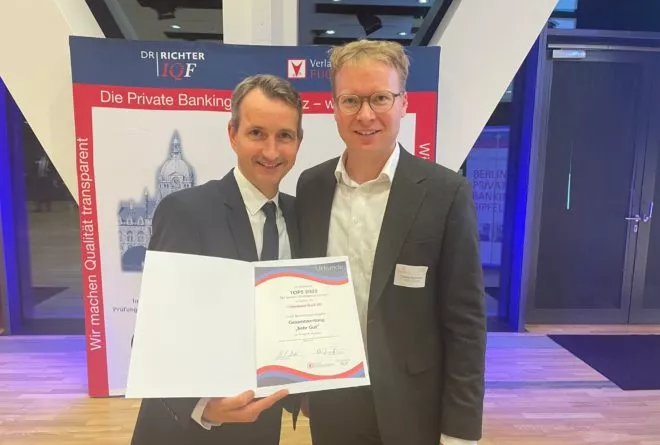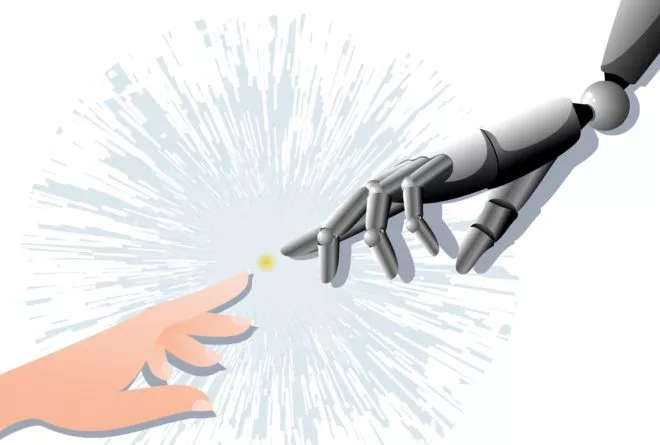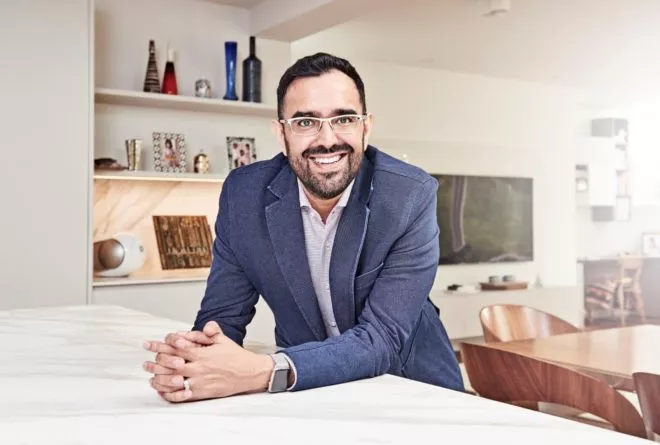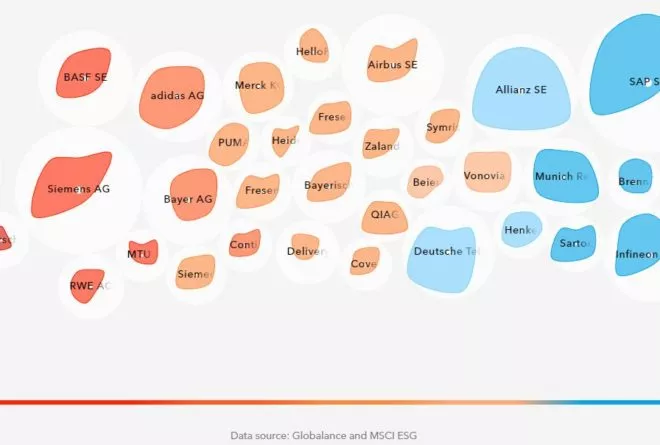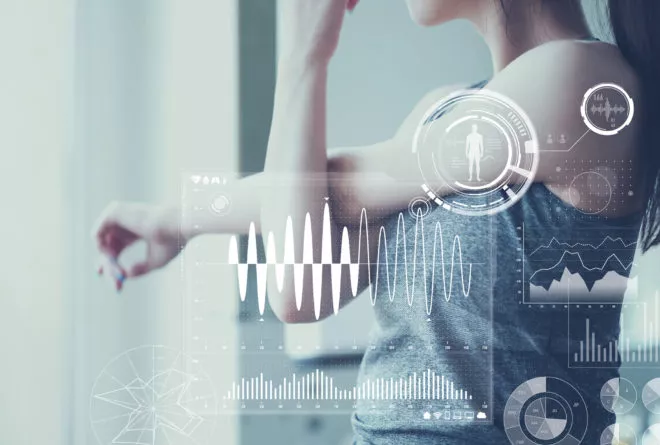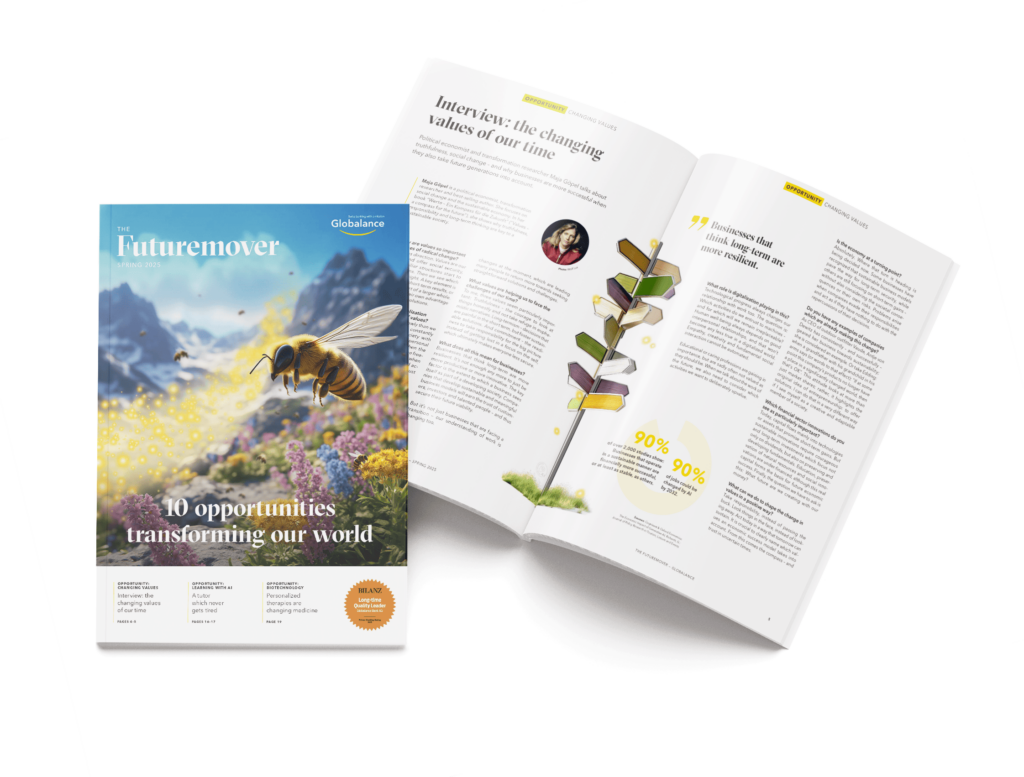News & Trends
Technological Progress for a Long Life
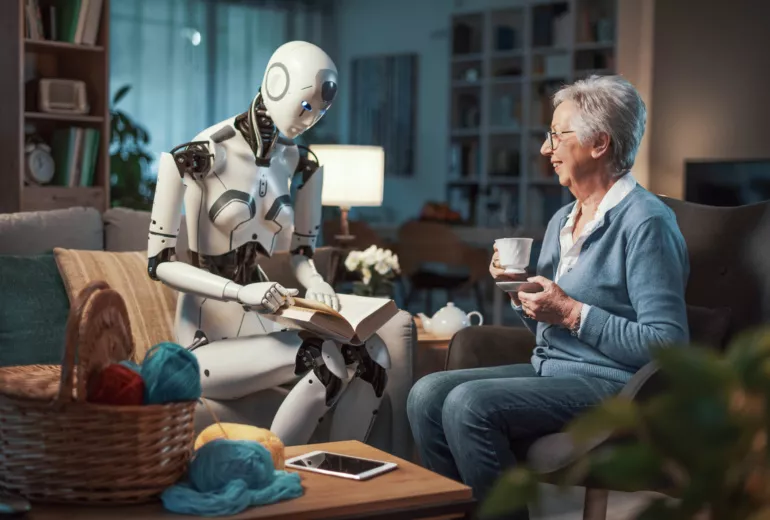
AI-DRIVEN DIAGNOSES, GENETIC ANALYSES FOR THE GENERAL POPULATION, digital health as the new normal and a super safe for our medical data: the healthcare system is being reorganised worldwide. Which trends deserve a closer look — and what do they mean for us as a society.
Health is our most important asset. How much it means to us — how much it occupies us — is shown not least by the employment figures in the healthcare sector. It is the sector that employs the most people worldwide, but also the sector that is currently undergoing more change than almost any other. Whether as prevention or in the (virtual) patient chair: health apps, smartwatches and chatbots have long since found their way into our everyday lives. Algorithms recognise symptoms such as flickering eyes or the first signs of Parkinson’s disease, wristwatches announce seizures to epileptics, and programmed conversation partners help deal with depression or anxiety disorders.
Key Task for the Future
A recent survey among 500 experts by the German Zukunftsinstitut revealed that digital healthcare products and services could reach up to EUR 979 billion worldwide by 2025. This is also in the knowledge that mental health is a key factor for our wellbeing that needs to be considered holistically. In a report, the institute writes: “The battle against the pandemic and the impact of Covid-19 on mental wellbeing are creating a new focus on health as a task for society as a whole. Shaping the environment in the interests of everyone’s health will become the key task for the future.” This means that health is moving away from the individual level and towards an all-encompassing, social goal.
Achieving this goal is closer than ever before. Connected health data in particular present a huge opportunity: today, only three per cent of the available data is used because there are no structured analyses. If data were linked intelligently, all specialists would have the necessary information immediately, even in emergencies. Overall patient safety would improve massively, as would the efficiency and effectiveness of the healthcare system. The flip side of this coin is data security, which is currently still too patchy. Experts around the world are working flat out to meet this challenge. Analysts estimate that the market for IT security will quadruple by 2032. Innovative start-ups such as the US company Cynerio have taken up the cause of protecting smart, networked medical devices. It is mainly non-manipulable blockchains which are very promising as a secure access key to highly sensitive data.
Mental health is a key factor for our wellbeing that needs to be considered holistically.
Secret of the Blue Zones
The use of artificial intelligence is considered to be particularly effective in medicine. In imaging procedures, it already makes more accurate diagnoses than humans. Meanwhile, intelligent genetic tests reveal our genetic make-up and show which disease risks lie dormant in our DNA.
What we cannot delegate to advances in medical technology is our lifestyle, which according to studies can add up to twenty years to our lives. Research in what are known as “blue zones”, which are home to some of the oldest people in the world, is uncovering recipes with astonishing similarities. Reports from these areas depict fit, very old people who grow organic vegetables, are practically always on the go and are integrated into a stable social network. It is also noteworthy that faith plays an important role in these regions.
US journalist Dan Buettner, who found and researched the blue zones and recently made a Netflix series about them, says: “If you can count on three friends on a bad day, you gain eight years of life expectancy — no drug in the world can do that.” Basically though, it is lots of small things, and not one single measure, that improve health or prolong life overall.
Translating Success Factors into the Modern Age
What can we take with us from these findings into cities and urban centres, where very few people live in the same house as their very old parents or want to go to church every Sunday? Instead of trying to copy the way of life in a diametrically different environment, we should recognise the underlying causes: people in the blue zones live longer because they eat healthily, exercise a lot and are socially integrated. Perhaps the motto here is simply mindfulness instead of religiosity or jogging instead of herding cattle. However, the success factors are ultimately the same in the reality of our lives — and are even intelligently supported by apps and algorithms.

The Globalance View
An in-depth understanding of long-term global megatrends is part of the foundation of the Globalance investment strategy. Around twenty per cent of all the revenue from the companies we select is generated in the “Health and old age” megatrend.
A working healthcare system is the basis for the future viability of society. Healthcare systems around the world are coming under pressure, either because they cannot guarantee care or because costs are exploding. Companies that can launch innovative treatments at lower costs are best positioned in this market.
Stay up to date with the latest trends in technology and health. Subscribe to our magazine now for regular updates and in-depth analyses (only available in German).

